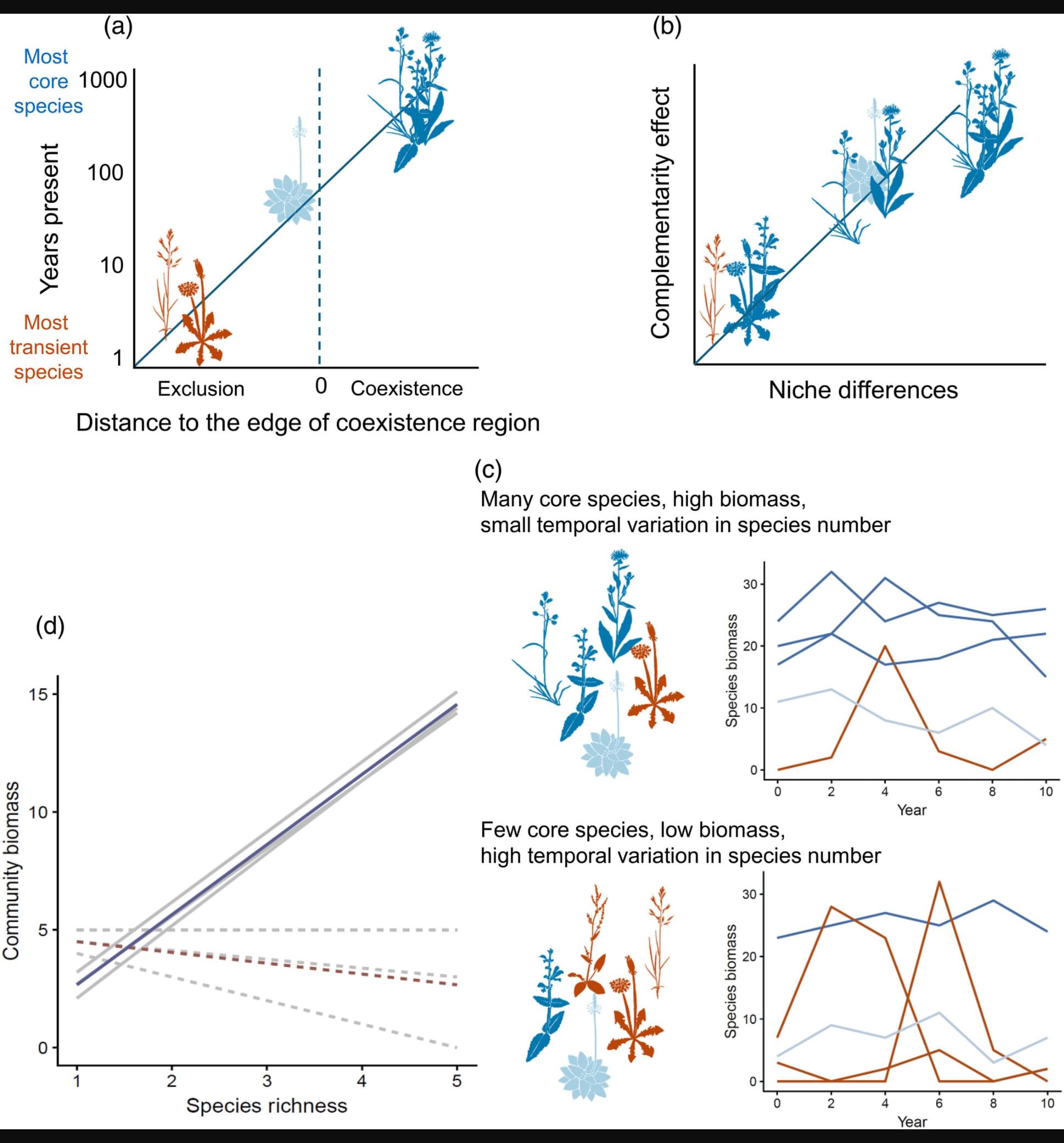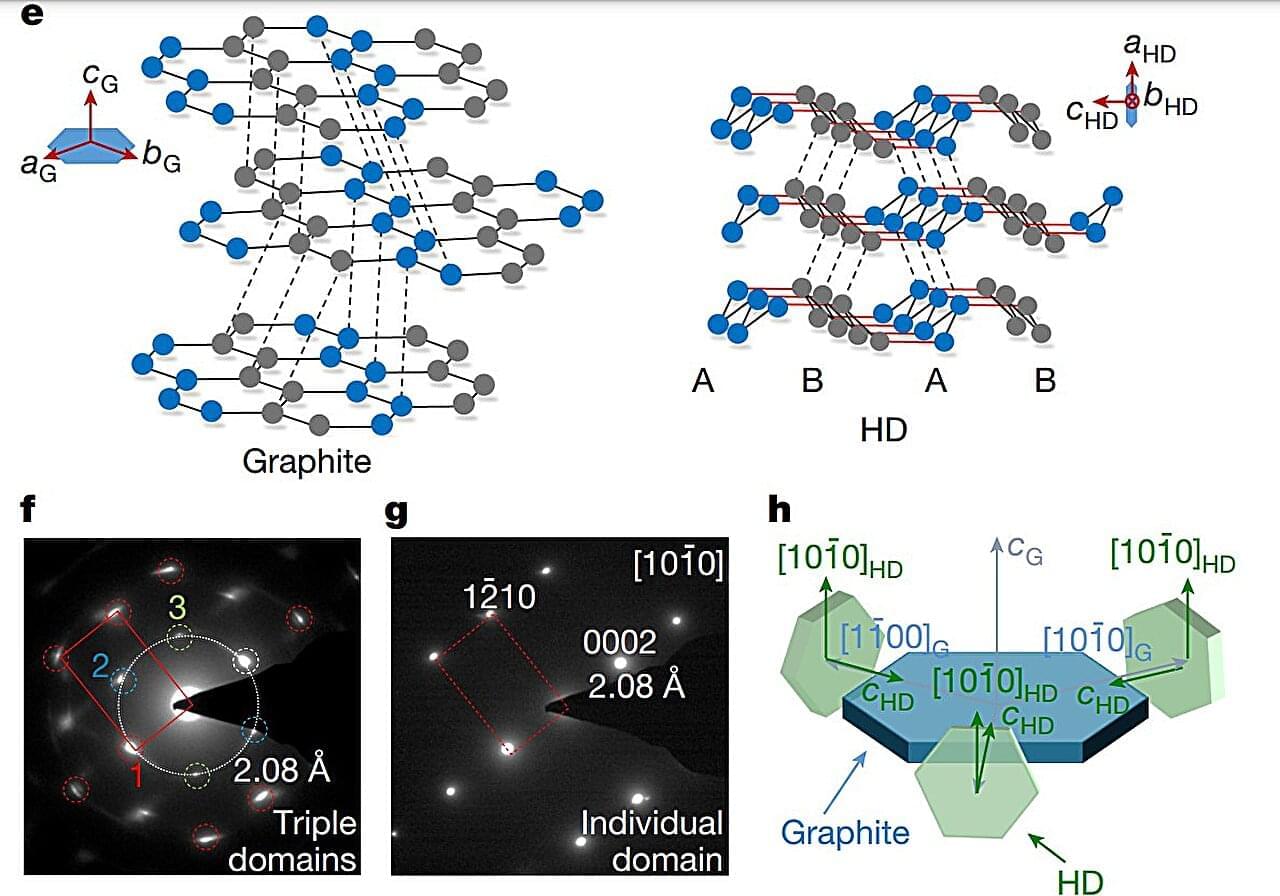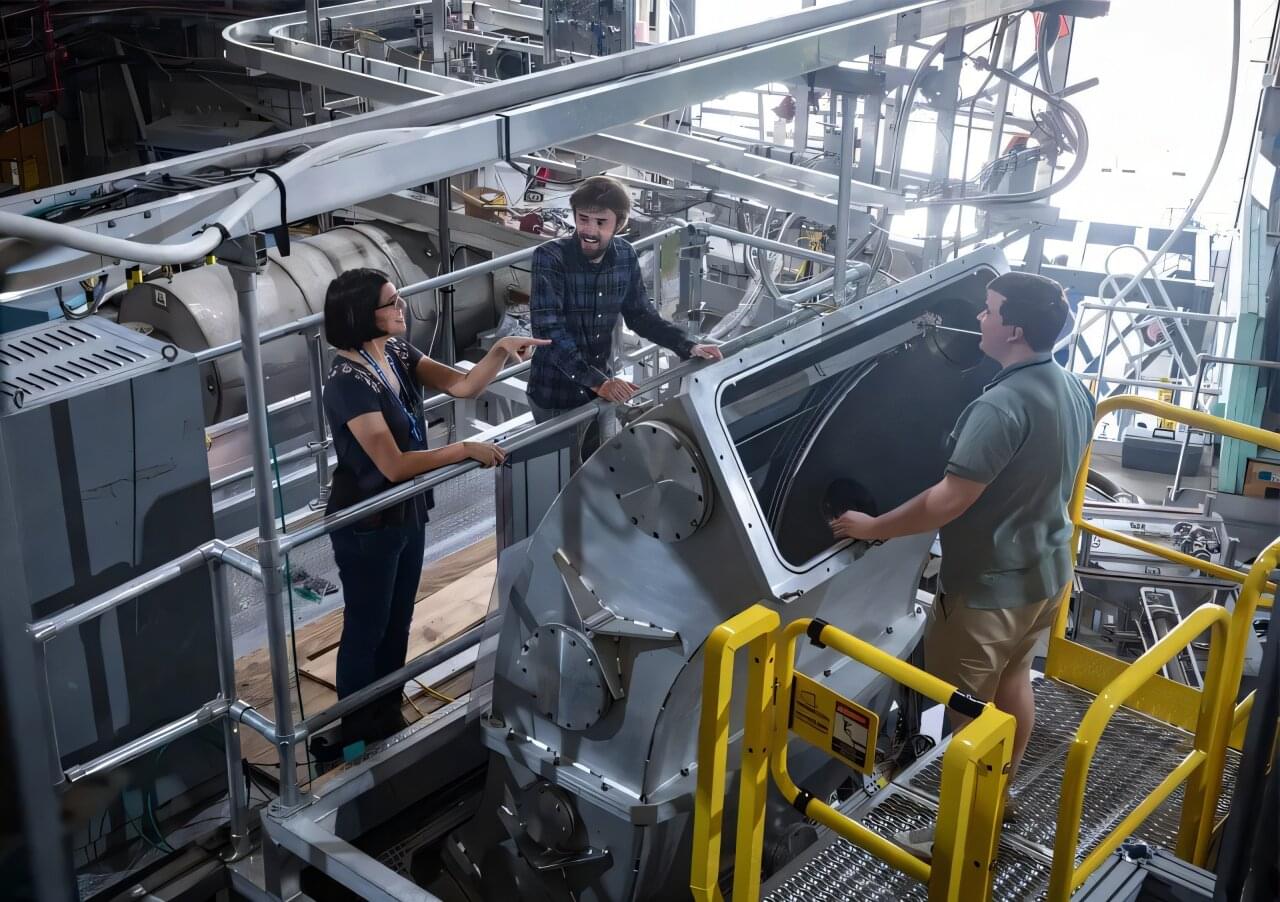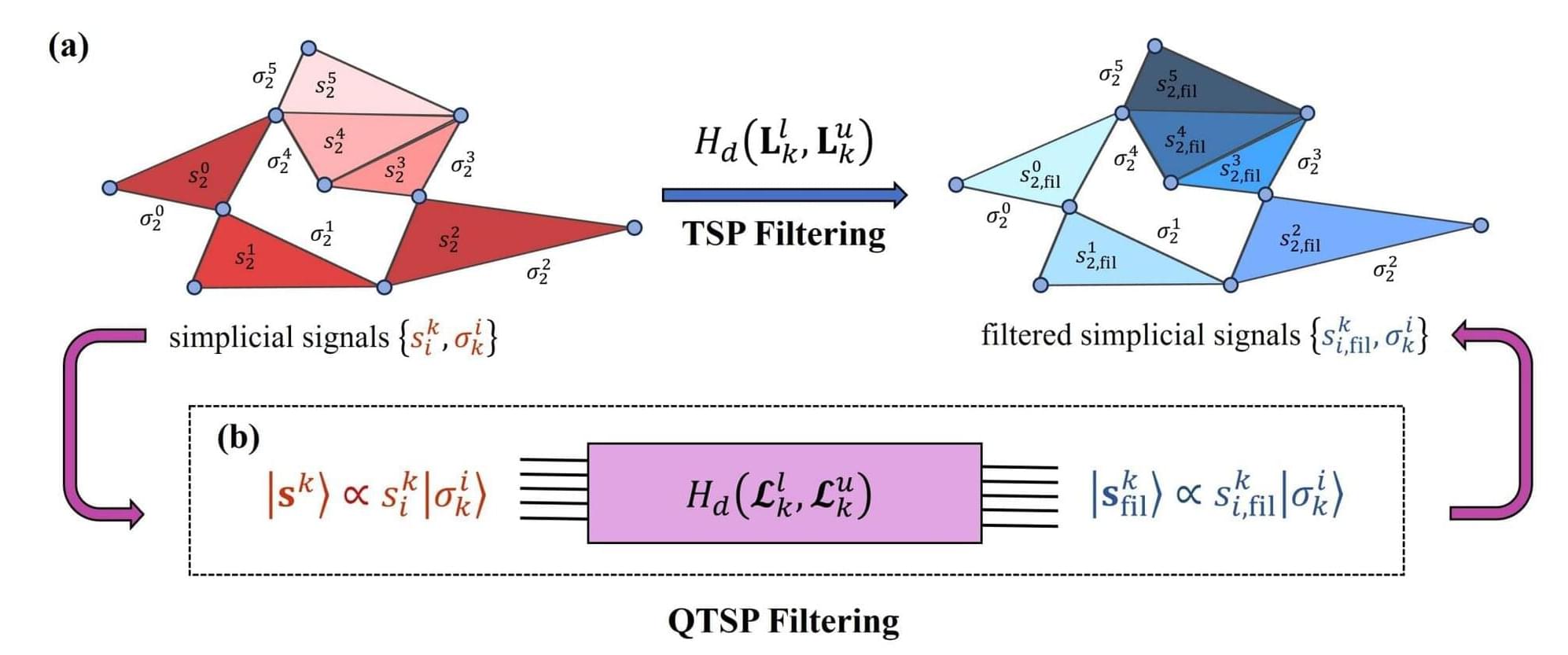Chinese researchers unveiled on Saturday a new generation of super large-scale brain-like computer, Darwin Monkey, the world’s first neuromorphic brain-like computer based on dedicated neuromorphic chips with over 2 billion neurons, which can mimic the workings of a macaque monkey’s brain.
Developed by the State Key Laboratory of Brain-Machine Intelligence at Zhejiang University in East China’s Zhejiang Province, Darwin Monkey, also known as Wukong supports over 2 billion spiking neurons and more than 100 billion synapses, with a neuron count approaching that of a macaque brain. It consumes approximately 2,000 watts of power under typical operating conditions, the Science and Technology Daily reported.
The human brain is like an extremely efficient “computer.” Brain-inspired computing applies the working principles of biological neural networks to computer system design, aiming to build computing systems that, like the brain, feature low power consumption, high parallelism, high efficiency, and intelligence.








